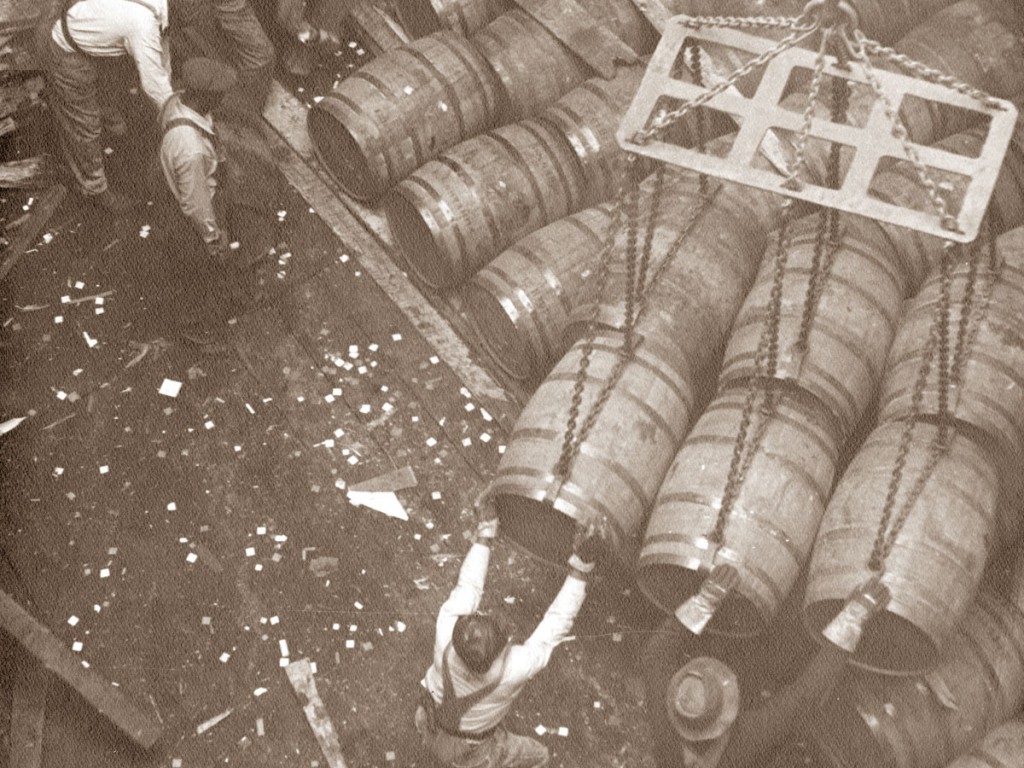Page 1: Global Trade
Page 2: Juggernaut Created
Page 4: Brunswick also Prospers
For centuries, global trade has been a linchpin of the economy of the area now known as Georgia, since even before the colony’s charter was granted in 1732 to Gen. James Oglethorpe.
By the time Oglethorpe led a contingent of 114 adventurous British citizens to a high bluff along the Savannah River on Feb. 12, 1733, Native Americans had long been benefiting from the strategic location.
The Savannah colonists – as well as those who settled a few years later in the natural harbor area 80 miles to the south that would become Brunswick – depended on trade to survive, sending deerskins, leather, indigo, lumber, rice and cotton back across the ocean in return for items they needed to extend their civilization into the wilderness.

About a year after Georgia, on Jan. 2, 1788, became the fourth state admitted to the Union, President George Washington proclaimed Brunswick to be one of the five original ports of entry for the 13 colonies, and the southern ports of Savannah and Brunswick assumed their time-honored roles as vital contributors to Georgia’s growing economy.
The ending of World War II provided the catalyst for making Georgia’s ports the economic engines they are today. In response to the economic boom, the state legislature created the Georgia Ports Authority on March 9, 1945, giving it ownership and control over the Port of Savannah and, eventually, Brunswick. GPA was charged with fostering both domestic and international commerce throughout the state.




